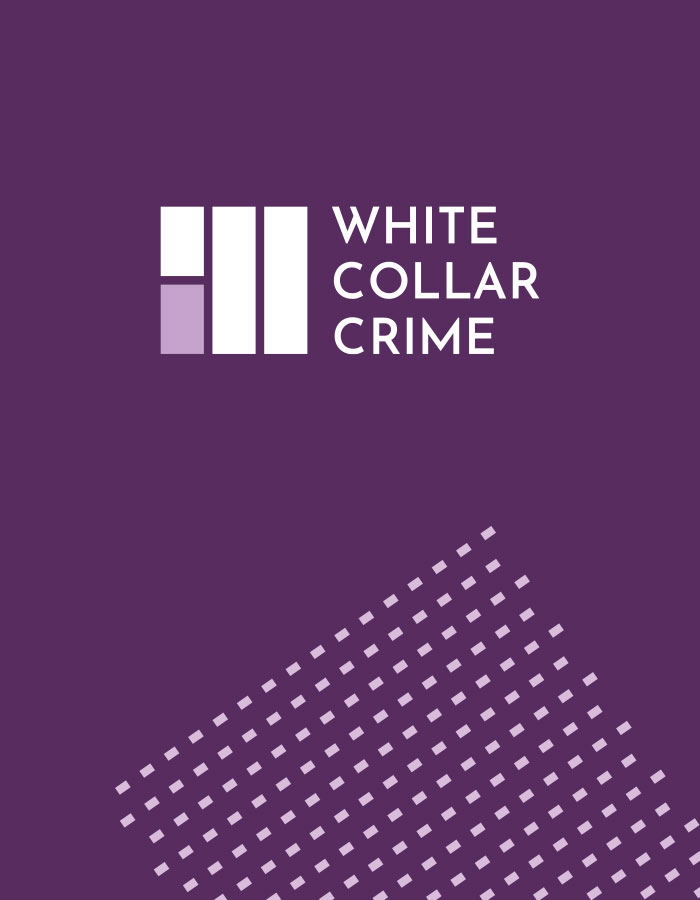Speed read: Anita Clifford explores the recent targeting of foreign student bank accounts for freezing pursuant to Part 5 of the Proceeds of Crime Act 2002. 95 accounts, totalling an estimated £3.6 million, were frozen in a single day on suspicion of money laundering and other criminality. It will be incumbent on the National Crime Agency to identify the unlawful activity said to have generated the money deposited into the student’s account. In many cases, this may be more difficult than they think at first blush.
A coordinated effort to freeze 95 bank accounts on a single day on suspicion of money laundering and other criminality is underway. In the sights of law enforcement are foreign students studying in the UK. The ‘day of action’, announced by the National Crime Agency on 28 February 2019, [1] is an early initiative of the newly formed National Economic Crime Centre (NECC) and is the first step towards the recovery of an estimated £3.6 million of suspected illicit funds. The NECC commenced operations on 31 October 2018 and promises to be a new ‘whole system’ [2] approach to financial crime. Drawn together are officers from the NCA, HM Revenue and Customs, the City of London Police, the Serious Fraud Office, the Financial Conduct Authority, the Crown Prosecution Service and the Home Office as well as private sector representatives with a mission to “bring to justice the most harmful criminals and prevent them using or benefiting from their illicit finances”. [3]
This being the objective, the focus on foreign students from the very outset is curious. Underlying the move, however, are concerns that foreign students are being co-opted into assisting organised criminals in the transfer of criminal money in to the UK via their UK bank accounts. Money is transferred in to a seemingly unconnected account in small amounts so as to avoid suspicion, a practice otherwise known as smurfing. Separately, it is said that some students are using their personal bank accounts in connection with underground export businesses. Sending or couriering British goods home to persons not known to the student presents a lucrative underground business opportunity. In China, students who engage in this activity are known as ‘daigou’ and the activity is known to several other countries. Prevalent counterfeiting, exorbitant pricing and demand for high-quality foreign goods in countries with accelerating economies has led students studying abroad, who are subject to strict work restrictions in the UK, to launch secretive side businesses.
Since 31 January 2018, bank accounts with at least £1000 can be frozen on suspicion of unlawful activity by a magistrate in the absence of the account holder.
In due course, they may be forfeited where it can be established that the funds are the proceeds of unlawful conduct or intended for unlawful conduct. Forfeiture can take place either administratively when there is no objection by the account holder or any other interested party or after a hearing. The power, which appears in Part 5 of the Proceeds of Crime Act, closely aligns with the more established provisions for cash seizure and forfeiture. The ability to swiftly apply to a Magistrates’ Court for an account freezing order coupled with the limited costs exposure as a result makes the power particularly attractive to law enforcement. Before the provisions were introduced, the authorities had no other choice but to go to the High Court for a property freezing order.
Overall, the early orchestrated freezing of student bank accounts highlights two matters. First, there is a steady flow of information between the banks and law enforcement (and perhaps also in this case money service businesses) and intelligence from the private sector can be sufficient to ground a successful account freezing application. Indeed, the National Crime Agency announced that one bank in particular took the ‘groundbreaking’ decision to engage in ‘wholesale’ cooperation from the outset. [4] This also raises a question as to whether a bank may have volunteered information over and above what would be required of a Suspicious Activity Report relating to their customers without first needing to see a production order, disclosure order or further information order. If this was the case, this is unchartered territory.
Secondly, the action taken against foreign students suggests that for an early initiative the NECC has chosen an unsophisticated target. The National Crime Agency notes that
“in some cases students involved may not have full knowledge of the scale and seriousness of the crimes committed.” [5]
This suggests that some of the account holders are only small links in a money laundering chain, and some may not have had any prior involvement with the authorities in the United Kingdom or elsewhere.
It will be important that the Part 5 process is carefully explained to them. Use of civil forfeiture powers is not widespread internationally. Practically, where a foreign student’s bank account has been frozen consideration should turn at an early stage to whether there is a need to apply for an exclusion of funds from the frozen account under section 303Z5 of POCA so that the student can withdraw money for reasonable living expenses and, where there is genuine study, education fees. It also will not automatically follow that once their account has been frozen the foreign student must adopt an evidential burden of proving exactly where the money in it came from. The approach will differ in each matter. In the cash recovery case of Wiese v UK Border Agency [2012] All ER (D) 222 (Jun), the respondent did not give evidence of the provenance of £700,000 seized at an airport and the forfeiture application still failed.
As for the enforcement authorities, the onus is on them to establish that the money in the student account has been obtained by or in return for unlawful conduct which suggests an element of exchange [6] or is intended for such conduct. Accordingly, when investigating whether a student account is a conduit for money laundering, it will be incumbent on the National Crime Agency to identify the unlawful activity said to have generated the money deposited into the student’s account. In many cases, this may be more difficult than they think at first blush.
[1] http://www.nationalcrimeagency.gov.uk/news/news-listings/1573-multi-agency-day-of-action-to-freeze-95-bank-accounts-suspected-of-laundering-millions
[2] As described by NCA Director General Lynne Owens on 31 October 2018: https://nationalcrimeagency.gov.uk/what-we-do/national-economic-crime-centre
[3] Ibid.
[4] Ibid.
[5] Ibid.
[6] See Explanatory Notes to section 242 of POCA 2002 which defines ‘property obtained through unlawful conduct’.







